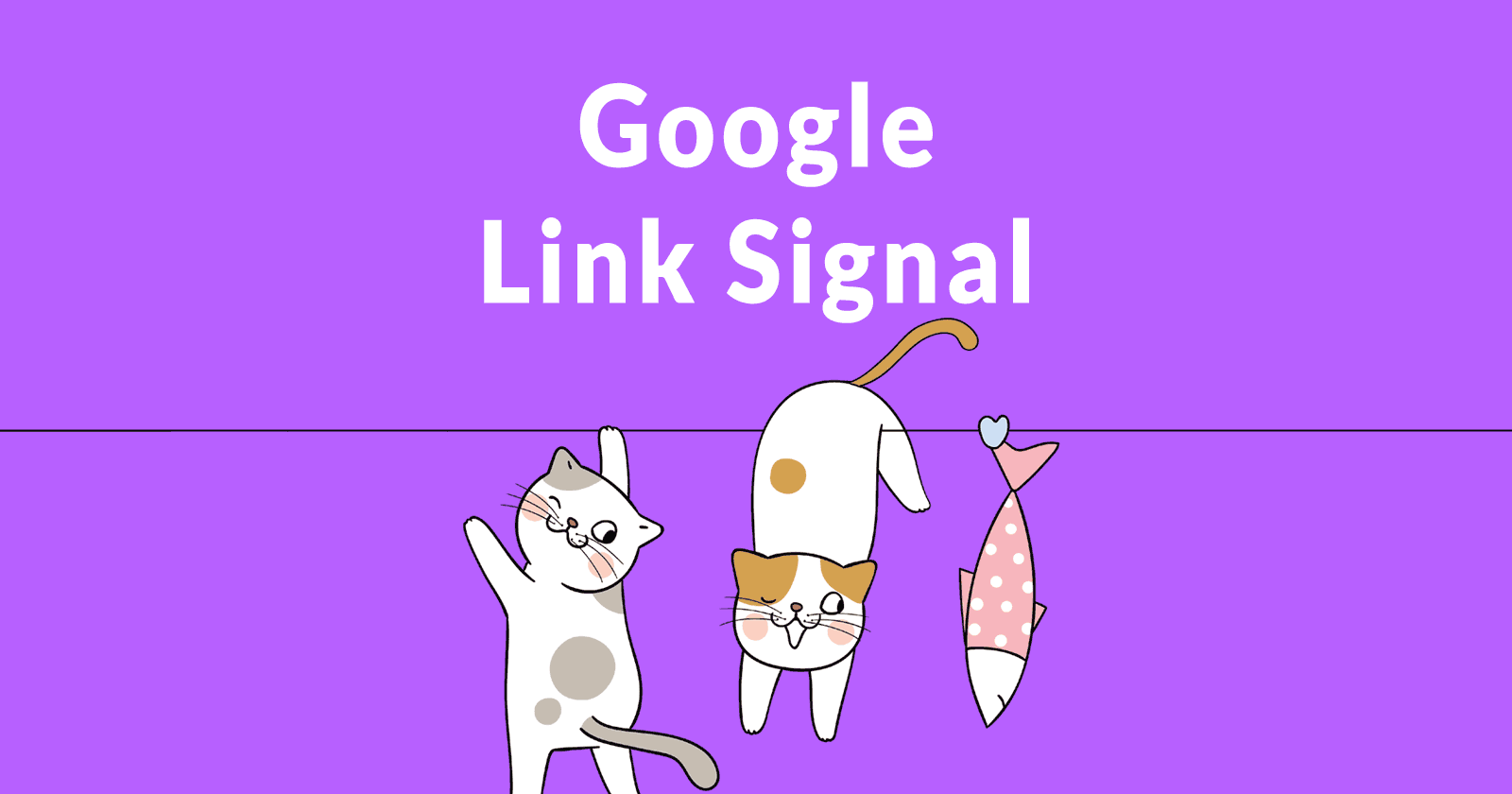Google’s Gary Illyes, currently in Japan for a Webmaster Conference, explained a motive for treating rel=nofollow as a hint. He said it was about improving the link signal and for returning better search results.
Nofollow Deprived Google of Link Data
According to Gary Illyes’ answer, Google was missing useful link signal information because of nofollows.
Many in the search community have lamented the misuse of nofollows. Many sites nofollowed all outbound links, without using any discretion. That kind of activity can have the impact of removing an important source of link information from Google.
Gary Illyes appears to have confirmed the motivation of improving the link signal. By improving the link signal, Google has the opportunity to return better search results.
A search marketing expert (and friend) in Japan, Kenichi Suzuki, mentioned to me that he was attending a webmaster conference where Gary Illyes would be presenting. He agreed to ask Gary two questions.
The Reason Why Google Changed Nofollow to a Hint
Disclaimer: It must be noted that the question and answer went from me in English, to Kenichi, who then asked the question. Kenichi then relayed the answer to me over Twitter direct messaging. So the answers cannot be considered verbatim, as they were relayed to me via Kenichi.
The first question:
Is Google’s motivation for this change because Google wants to strengthen the link signal in order to get better search results?
Gary Illyes’ answer (as relayed by Kenichi):
“Yes. They had been missing important data that links had, due to nofollow. They can provide better search results now that they consider rel=nofollowed links into consideration.”
Will Wikipedia Nofollow Links Be Considered Dofollow?
The second question was about how Google intended to treat Wikipedia nofollow links. Wikipedia represents a wealth of topically organized links.
Wikipedia content and links have been the subject of numerous research papers. Wikipedia has been studied for natural language processing as well as for understanding user intent. The use of Wikipedia outbound links seems reasonable since it is so rich with meaning and context.
This is Gary’s answer (as relayed to me by Kenichi):
“It would be possible to ignore nofollowed links on Wikipedia. But it’s still uncertain how and when to ignore them. That said, they’re preparing prevention to protect against the abuse.”
Gary confirmed it’s possible to ignore the Wikipedia nofollow attributes. But he also cautioned against assuming the links would be automatically regarded as dofollow.
Gary followed up with the advice that publishers do not have to do anything for this change:
“In general, you don’t have to do anything for the change. Nofollow works as it was. Use Sponsored and UGC if you want to help Google identify types of links better.”
Is the Nofollow Hint a Big Deal?
Some have reacted with a shrug to the news. But this change is important.
The change is exciting because it marks a significant update in the evolution of how links and rankings are calculated. That’s a big shift that should not be undersestimated.
Many in the search industry have complained this year that news publications that applied the nofollow attribute on every outbound link. Google’s move has the potential in many cases to restore the proper link equity that a website deserves.
Because of the misuse of the nofollow attribute, the link authority of many publishers had been unfairly suppressed. Google’s change may benefit web publishers who will now be measured by their true authority.
This change is also important because the search results may begin to change in response to the new link signals as they’re incorporated into the search rankings. That may make it more challenging to understand why a site is ranking (or not ranking).





![AI Overviews: We Reverse-Engineered Them So You Don't Have To [+ What You Need To Do Next]](https://www.searchenginejournal.com/wp-content/uploads/2025/04/sidebar1x-455.png)